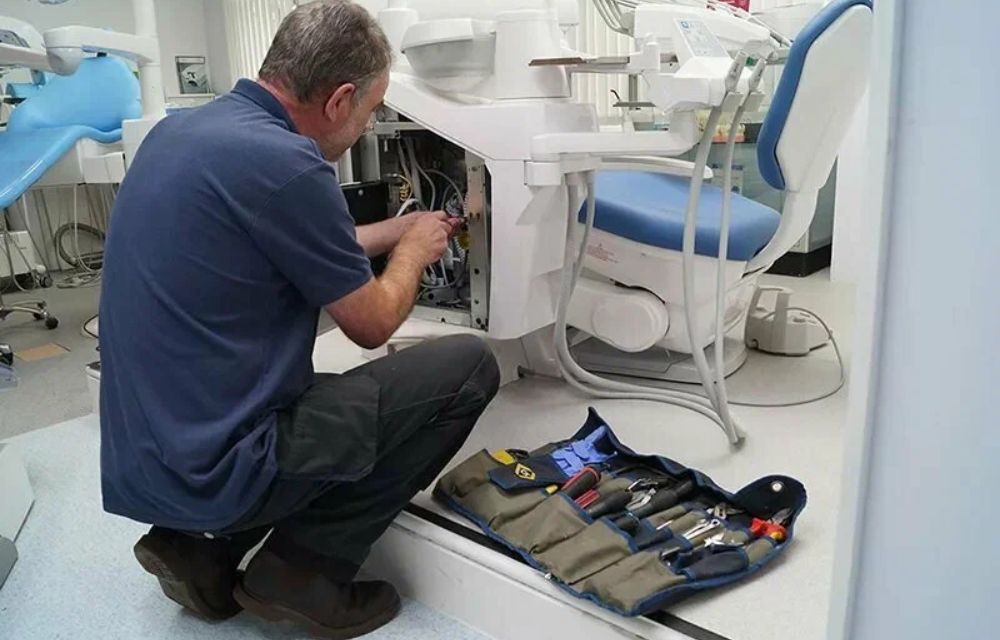In today’s busy healthcare setting, the reliability of medical equipment is paramount. Even minor failures can affect the quality of care and business continuity, from MRI units to patient monitors. With this in mind, selecting an appropriate medical equipment repair provider is a decision that hospitals, clinics, and diagnostic centers cannot afford to take lightly. In this blog, we’ll take you through the most important things to consider when selecting the right repair service provider to have your equipment in expert hands.
Understanding the Significance of a Sound Repair Partner
Medical devices are not merely technical devices—they’re life-saving devices. Hence, prompt and precise repairs are paramount. A reliable medical equipment repair company can save you time, prolong your machines’ lives, and comply with regulatory requirements. Yet, with so many players out there, how do you select the right one?
1. Verify Certifications and Qualifications
Begin by checking whether the repair company can handle your medical device. Seek technicians who are factory-trained or manufacturer-certified. Accreditation from bodies such as ISO or FDA is a powerful sign of quality standards and openness in operation.
2. Industry Experience
Experience counts. A provider with extensive experience in medical equipment repair service will be more likely to provide correct diagnostics and practical solutions. Inquire about their years in business and if they have experience with the specific equipment brands and models you are using.
3. Availability and Turnaround Time
Downtime isn’t cheap—it can keep patients waiting and put patient care at risk. Select a repair partner with quick response times, emergency assistance, and adjustable scheduling. Better yet, have the provider provide same-day or next-day service and keep on-hand stock of necessary parts for faster repairs.
4. Scope of Services Provided
Not all repair services are created equal. Some specialize only in certain types of equipment, while others offer comprehensive maintenance, calibration, and performance testing. A full-service provider can be a one-stop shop for all your repair and maintenance needs, offering convenience and consistency.
5. Customer Reviews and Testimonials
Other healthcare providers’ feedback can give you a realistic idea of what to expect. Search online reviews or request the provider to provide testimonials. Repeated positive feedback, particularly concerning professionalism, punctuality, and technical skills, is an intense green flag.
6. Service Contracts and Pricing
Check the pricing model; there should be no hidden charges. A clear-cut pricing model, explicit quotes, and adjustable service agreements reflect a reliable partner. Some vendors have maintenance agreements for periodic check-ups, preventive servicing, and urgent repair services that may prove economical in the long term.
7. Regulatory Compliance and Documentation
Your supplier should know healthcare compliance needs and provide detailed documentation following each repair. This will aid in audits, quality assurance, and verifying that all devices are up to operating standards after repair.
Conclusion
Selecting the proper medical equipment repair service is not simply about repairing machines—it’s about having uninterrupted, high-quality patient care. From checking credentials to evaluating turnaround time, paying attention to these aspects can aid in making an informed decision. A reliable medical equipment repair company is an extension of your healthcare team that guarantees your vital equipment is prepared to perform when needed.



